Eminem, often hailed as the Rap God, is renowned for his unflinching honesty and powerful lyrics. Nonetheless, there exists one song from his earlier career that the artist deeply regrets creating and performing.
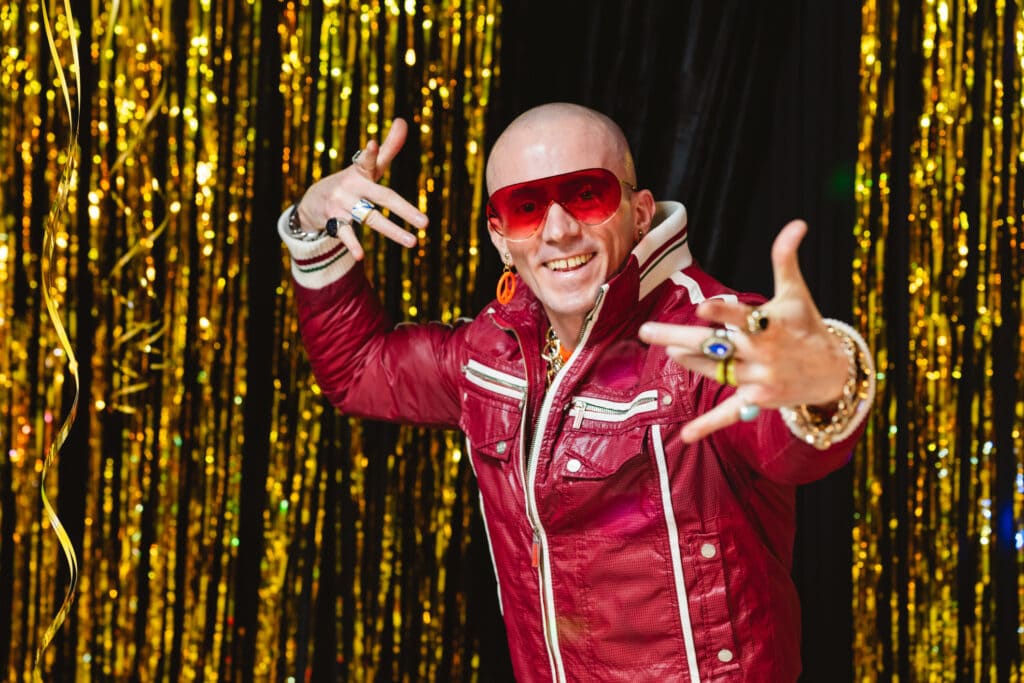
A bold assertion has been made, suggesting that Eminem cannot be deemed the greatest rapper of all time solely because of his race — his whiteness.

This statement has ignited a firestorm of controversy across social media platforms. People are engaging in heated questioning, argumentation, and debate. But isn’t that what makes discourse so captivating?
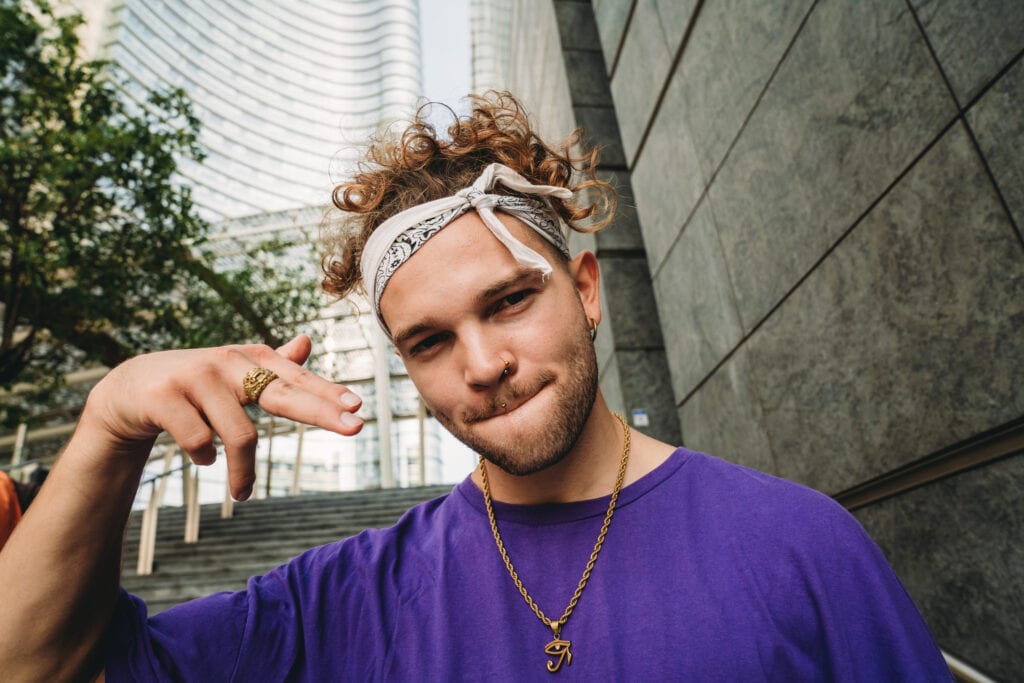
The discourse surrounding why white rappers are not universally embraced in hip hop is a complex minefield of cultural analysis, capable of sending one’s mind into a whirlwind of contemplation and introspection.

It’s a dialogue that delves deep into the Pandora’s box of race, privilege, authenticity, and appropriation, unraveling layers of complexity and sparking profound introspection.

Let’s dive straight in and dissect the reasons behind why white rappers are frequently met with resistance within the hip hop community.

First and foremost, it’s crucial to acknowledge the undeniable fact: hip hop emerged from the African American experience in the United States.

It emerged as a musical form of expression that encapsulated the struggles, pain, resilience, and triumphs of black communities.
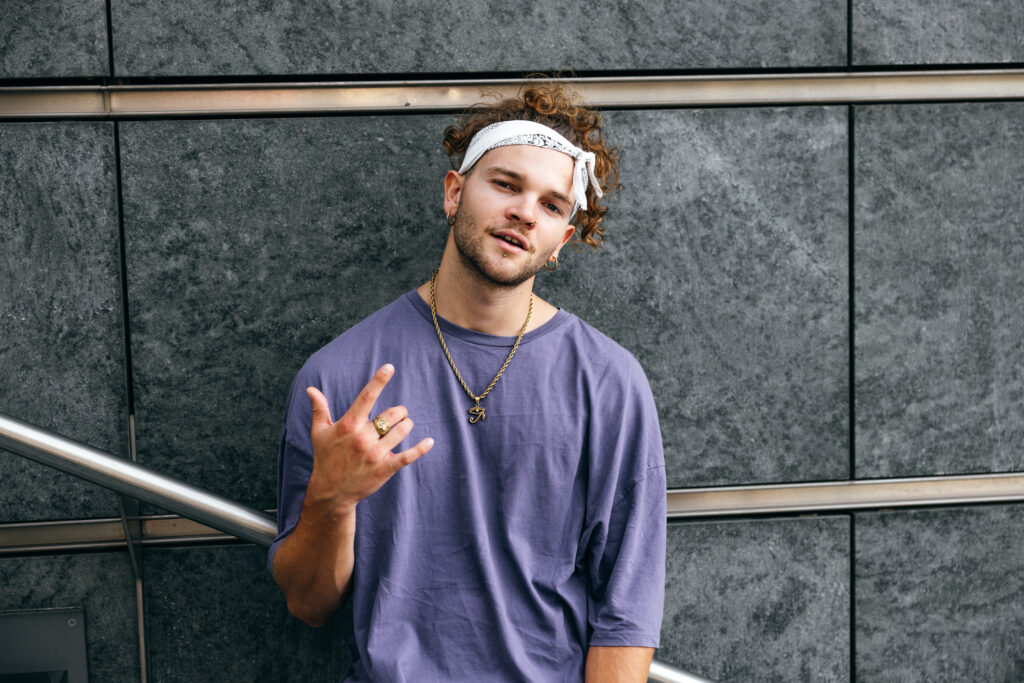
It served as their voice, their protest, their storytelling medium. Therefore, when a white rapper enters this domain, it can be perceived as an intrusion or an endeavor to appropriate a culture they haven’t personally lived or experienced.

Music, ideally, transcends boundaries and should be inclusive. However, the challenge lies in discerning between genuine appreciation and cultural appropriation, a fine line that must be carefully navigated.

When a white rapper adopts aspects of black culture without comprehending or honoring its origins — for instance, Justin Timberlake sporting cornrows — it can be perceived as insincere or exploitative.

Precisely, this is why some white rappers face challenges in gaining acceptance within hip hop; they’re often viewed as tourists rather than authentic contributors to the culture.
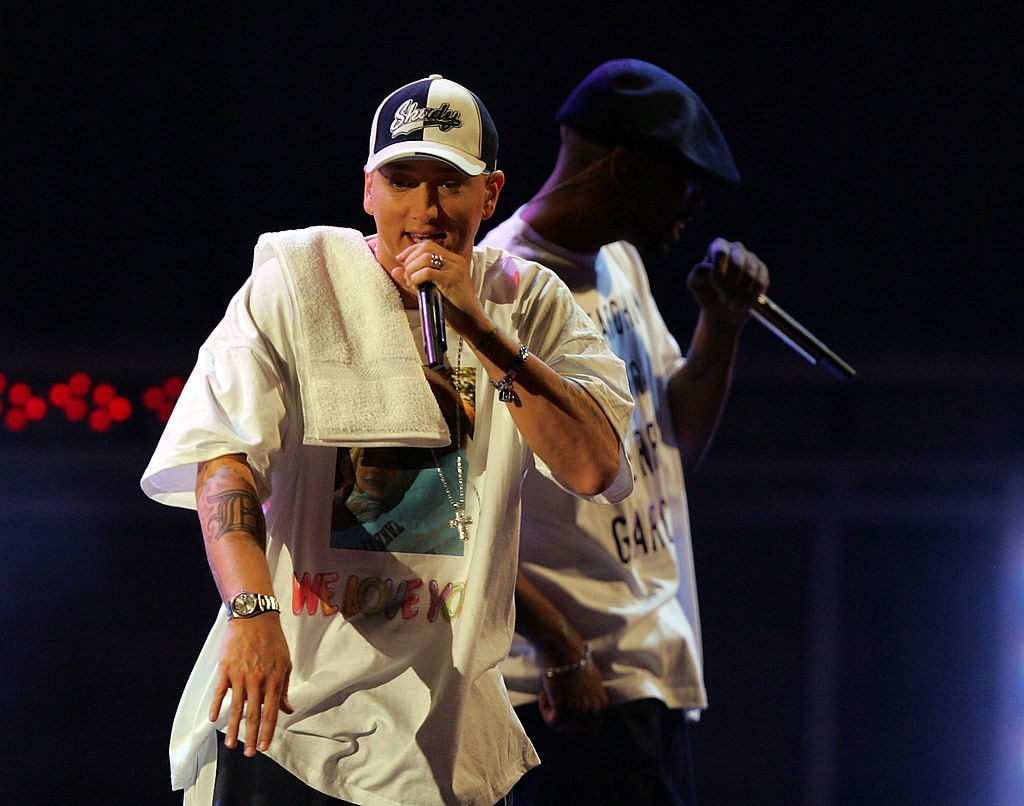
What one person considers great may not hold the same value for another. Thus, whether Eminem is regarded as the greatest rapper or not will invariably remain a subjective matter, influenced by individual preferences and perspectives.
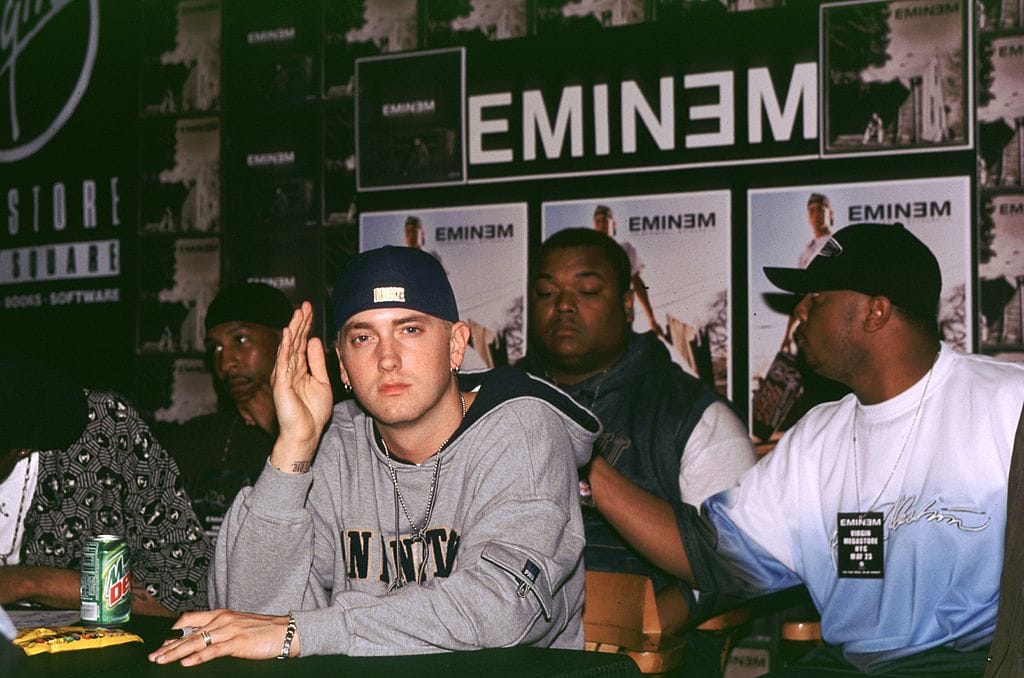
Undoubtedly, one undeniable fact is Eminem’s immense talent and significant contribution to the music industry.

Regardless of whether one agrees with Dr. Umar Johnson’s statements or not, it’s impossible to overlook Eminem’s profound impact on the landscape of rap music.





